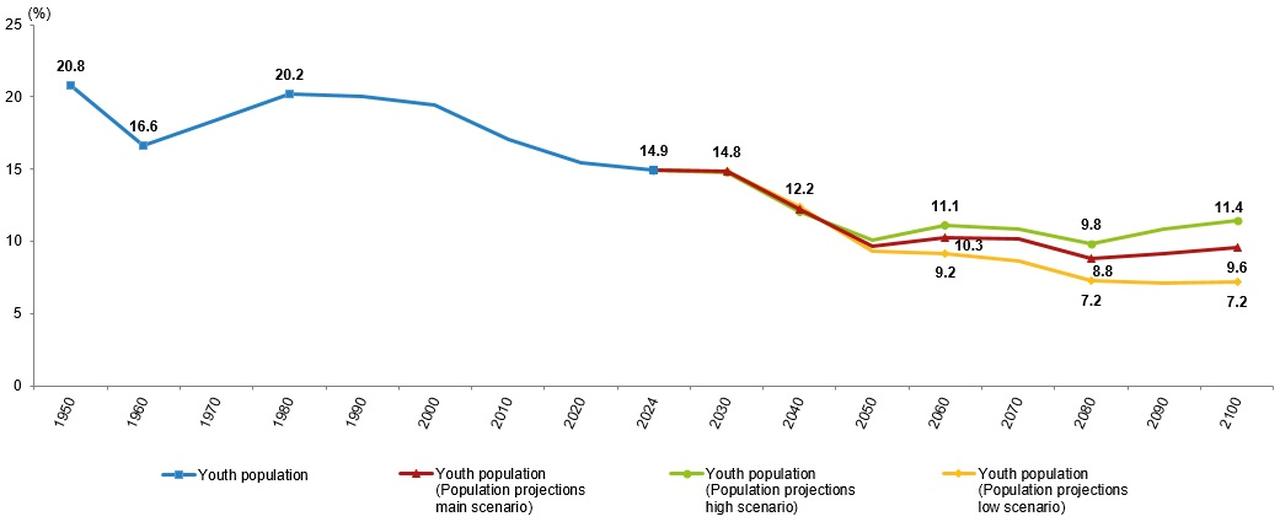
Recent data from Türkiye’s national statistics agency, TurkStat, reveals that 6.7 million people between the ages of 15 and 34 are currently neither employed nor enrolled in any form of education or training—a group internationally referred to as NEET (Not in Employment, Education, or Training).
This figure accounts for 27.7% of the country’s young population in the first quarter of 2024, meaning that nearly 28 out of every 100 young people are unable to participate in the most basic aspects of daily life due to imbalances in the education system and labor market.
Notably, this ratio rises to 30.1% among young women, more than double the rate observed among their male counterparts, which stands at 13.1%, highlighting a deep gender gap in youth participation across Türkiye.

The data further underscores the difficulties faced by university graduates in transitioning to the workforce. As of early 2024, nearly one in three young university graduates—30.7% —remains unemployed.
According to TurkStat’s “Youth in Statistics 2024” report, Türkiye is home to over 12.76 million young people aged 15 to 24, representing 14.9% of the total population. Among them, 51.2% are male and 48.8% are female.

However, long-term projections show that this proportion is steadily decreasing. The youth share of the total population is expected to fall to 14.8% by 2030, 12.2 percent by 2040, 10.3% by 2060, and just 8.8% by 2080, reflecting the country’s demographic transition toward an aging society.
While Türkiye’s average life expectancy has reached 77.3 years—74.7 for men and 80 for women—satisfaction with income among young people remains modest. According to the 2024 Life Satisfaction Survey, 79.6% of young respondents said they were satisfied with their jobs, but only 54.1% expressed satisfaction with the income they earned.
Gender differences are also apparent: 81.2% of young men reported being happy with their work compared to 75.8% of young women, while income satisfaction stood at 56.3% among men and 49.2+ among women.
Despite these challenges, job satisfaction among youth remains relatively high. According to the 2024 Life Satisfaction Survey, 79.6% of young people report being satisfied with their jobs. However, only 54.1% say they are content with their income. The gap is more pronounced among genders: 81.2% of young men are satisfied with their jobs versus 75.8% of young women, while 56.3% of men are content with their income, compared to just 49.2% of women.
This discrepancy is increasingly viewed as a reflection of structural inequalities in wage distribution and labor market access, suggesting that employment alone does not necessarily translate into financial well-being for the country’s younger generation.